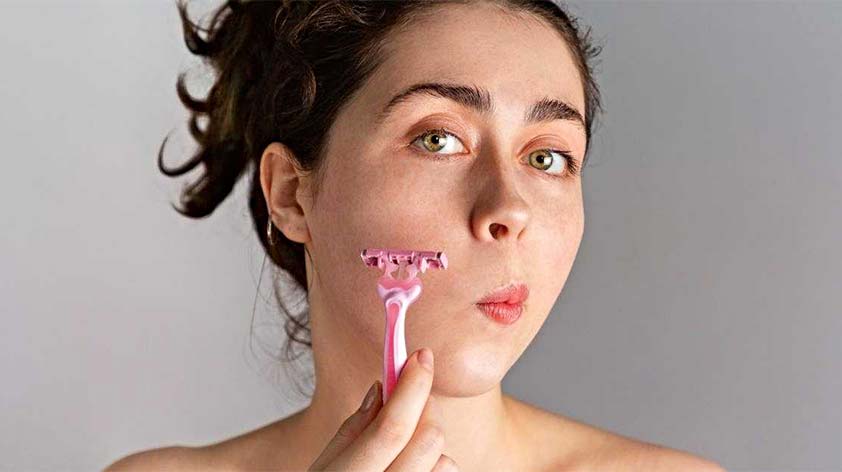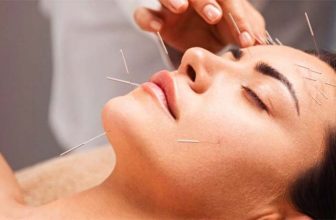
An incredibly common condition, one in every ten women of childbearing age is affected with Polycystic Ovary Syndrome (aka PCOS). Shockingly, almost 7 out of 10 women affected go undiagnosed. PCOS is not a disease, it’s an endocrine and metabolic disorder that affects the body, but not everyone with this disorder will develop an ovarian cyst. This is a serious condition that should not be taken lightly however. Want to know more about it and what you can do about it? Then read on for Polycystic Ovary Syndrome (PCOS): 5 Things Women Must Know.
1. Who Can Get PCOS?
PCOS can affect any female starting from puberty and the start of the menstrual cycle all the way through childbearing age until one reaches menopause. Even after menopause some symptoms of PCOS may persist.
2. What are the Symptoms?
The following are some of the symptoms of PCOS:
- Irregular menstrual cycle: some woman may have fewer periods than normal while some may have them more frequently than normal.
- Too much hair: women might start getting hair on parts of their bodies that men usually have hair on, like on the face or chin.
- Weight gain: a lot of women experience weight gain and find it difficult to lose this weight
- Hair loss or thinning hair: women often experience male pattern baldness.
3. What are the Causes?
Unfortunately, researchers are still unsure of the exact cause of PCOS, but believe there to be three contributing factors, they are:
- Genetics: If your mother or sister has PCOS then chances of you having it increases, it can also be passed down from your father’s side.
- Higher Levels of Androgens: ‘Male hormones’, (also known as androgens) may increase. Even though a female body does produce a small quantity of androgens, due to PCOS, the quantity increases and exceeds the main female hormone, estrogen.
- Insulin Resistance: If your body cells do not respond normally to insulin, then bodily insulin levels increase, resulting in higher blood sugar levels. This in turn, can lead to type 2 diabetes.
4. Can Diet & Exercise Help?
A balanced diet and daily exercise cannot cure PCOS, but it can significantly reduce the symptoms. Exercise can increase the response of the body cells to insulin by increasing metabolic rate, resulting in reduced insulin resistance.
A controlled diet plus exercise can also help regulate weight gain. A good level of cardio (30-40 minutes per day, 5 days per week) combined with regular strength training can help alleviate PCOS symptoms.
5. The TABOO Surrounding PCOS?
Unfortunately, Polycystic Ovary Syndrome is rarely discussed among women, thus, people do not get to know about its effects or how serious a condition it is. A lot of women pass it off as period pain or an onset menopause issue because of the lack of knowledge. It has become an absolute necessity to tackle this taboo regarding reproductive health.
It’s surprising how such a common condition is not discussed much among women. PCOS is an imbalance of the reproductive hormones in the body. Women should feel free and comfortable to discuss such disorders and awareness about Polycystic Ovary Syndrome should be spread and maybe made a part of reproductive health education.









